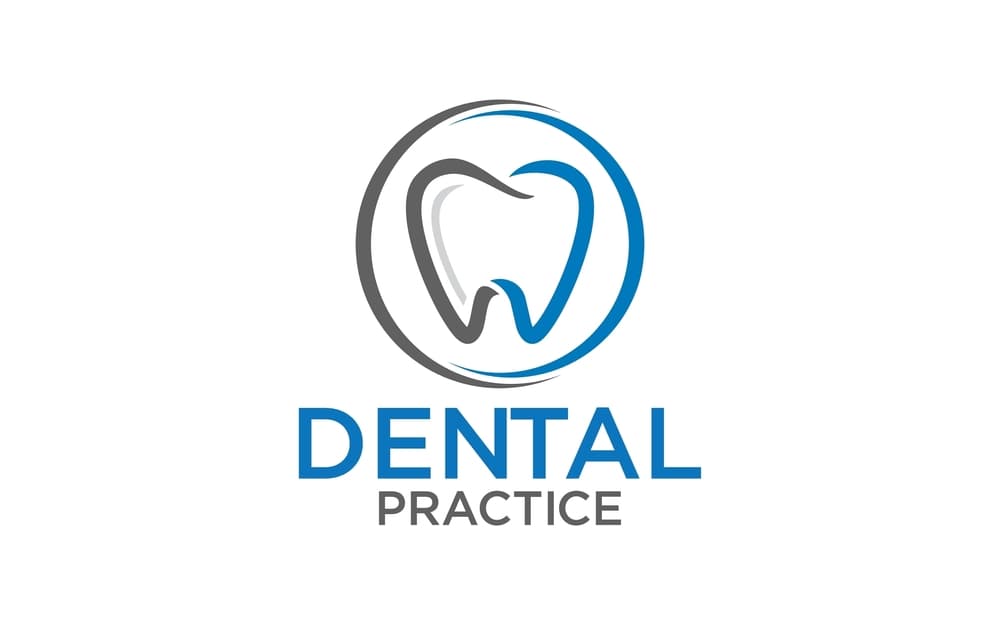Dental Practice Buy-Ins: Legal Considerations
Are you a dentist looking to buy into an existing dental practice? Buying into a practice can be an exciting opportunity to become a practice owner, grow your career, and build long-term wealth.
However, dental practice buy-ins also involve legal considerations that require careful planning and guidance from a dental practice purchase agreements lawyer to navigate successfully.
Partnership Agreements

The partnership agreement is one of the most important legal documents in any dental practice buy-in. This agreement governs the relationship between you and the other dentist(s) who own the practice.
It spells out key terms like:
- Ownership percentages
- Division of profits and losses
- Management roles and responsibilities
- Decision-making procedures
- Dispute resolution processes
- Buy-sell provisions for partner exits
A well-drafted partnership agreement provides a roadmap for the business relationship and helps prevent misunderstandings down the road. Work with an experienced dental lawyer to create a clear, comprehensive, and fair agreement.
When negotiating the partnership agreement, address questions like:
- How will profits be allocated between partners?
- Who will have primary responsibility for managing the practice?
- How will major decisions be made?
- What happens if a partner wants to leave the practice?
- How will the practice be valued for future partner buy-ins or buy-outs?
Hammering out these details upfront will ensure a smoother partnership for the long haul.
Purchase Agreement
The purchase agreement is the central contract in a dental practice buy-in.
This document lays out the specific terms of the sale, such as:
- Purchase price and payment terms
- Assets acquired (equipment, supplies, patient records, etc.)
- Liabilities being assumed
- Representations and warranties
- Closing conditions
- Post-closing covenants
The purchase agreement should clearly identify exactly what you are buying and how much you are paying. Conduct thorough due diligence on the practice beforehand, so you understand the full scope of the assets and liabilities involved.
Your dental lawyer can help you negotiate favorable terms in the purchase agreement, such as:
- Structuring the deal as an asset purchase rather than a stock purchase to limit your liability exposure
- Allowing for a portion of the purchase price to be allocated to personal goodwill to maximize tax benefits
- Including reps and warranties from the seller about the condition of the practice
- Requiring the seller to pay off any outstanding debts before closing
- Prohibiting the seller from competing with the practice after the sale
Negotiating strategically here can help you get the best possible deal and protect your interests going forward.
Real Estate Matters
Real estate is a major asset in most dental practice buy-ins. Whether the practice owns its office space or leases from a landlord, you’ll need to navigate various legal issues related to the property.
You’ll likely acquire the real estate as part of the overall practice purchase if the practice owns the real estate. This means the purchase agreement should include provisions specifically related to the property transfer.
You’ll need to conduct due diligence on the property itself, such as:
- Reviewing property deeds, titles, and surveys
- Checking for liens or encumbrances
- Verifying zoning compliance
- Assessing the condition of the building and any necessary repairs
- Ensuring appropriate property insurance is in place
You must carefully review the lease agreement if the practice leases its space.
Key provisions to look out for include:
- Lease term and renewal options
- Rent amount and escalation clauses
- Tenant improvement allowances
- Assignment and subletting rights
- Maintenance and repair obligations
- Signage rights
- Parking arrangements
You’ll want to ensure that the lease has adequate flexibility and protections to meet the long-term needs of the practice. If necessary, you may need to negotiate amendments to the lease as part of the buy-in process.
Employment Contracts

A dental practice’s staff is essential to its ongoing success.
When you buy into a practice, you’ll need to assess any existing employment contracts and decide which staff you want to retain going forward.
Key employment contract provisions to review include:
- Job duties and responsibilities
- Compensation and benefits
- Term of employment
- Grounds for termination
- Non-compete and non-solicitation clauses
- Confidentiality provisions
- Malpractice insurance requirements
If you decide to retain staff, you’ll want to ensure their employment contracts align with your vision for the practice. This may require renegotiating certain provisions or drafting entirely new agreements.
If you decide not to retain staff, you must follow proper termination procedures to avoid legal issues. This includes providing adequate notice, paying out any accrued benefits, and complying with relevant employment laws.
Patient Records
Patient records are a valuable asset in any dental practice buy-in. As the new owner, you’ll want to ensure that all patient records are properly transferred and maintained in compliance with HIPAA and state privacy laws.
Key considerations for patient records include:
- Obtaining patient consent for the transfer of records
- Ensuring secure storage and access protocols are in place
- Updating patient registration and HIPAA forms
- Notifying patients of the change in practice ownership
- Maintaining continuity of care during the transition
Your dental lawyer can advise you on the specific legal requirements for handling patient records in your state. They can also help draft appropriate notices and consent forms to smooth the transition process.
Licenses and Permits
Dental practices are subject to various federal, state, and local regulatory requirements. As part of the buy-in process, you must ensure that all necessary licenses and permits are properly transferred or obtained in your name.
This may include:
- State dental board licensure
- DEA registration for controlled substances
- Radiation safety permits for X-ray equipment
- Occupational safety and health permits
- Business licenses and tax registrations
- Zoning and building permits
- Health insurance plan credentialing
Failing to secure the appropriate licenses and permits can result in fines, penalties, or even suspension of your practice. Work closely with your dental lawyer to identify all applicable requirements and ensure timely compliance.
Intellectual Property

Dental practices often have valuable intellectual property (IP) assets, such as trade names, logos, websites, and marketing materials. When buying into a practice, you must ensure that all relevant IP rights are properly transferred to the new ownership entity.
This may require:
- Conducting a trademark search to ensure you can use the practice name
- Registering the practice name and logo as trademarks
- Securing ownership of the practice website domain name
- Obtaining assignments of any copyrights or other IP rights from the seller
- Updating any third-party licenses or service agreements related to the practice’s IP
Your dental lawyer can help identify and protect the practice’s IP assets as part of the overall buy-in process. By securing these assets upfront, you can maintain the practice’s brand identity and avoid potential infringement issues down the road.
Closing the Deal
Once you’ve resolved all the legal issues and reached agreement on the key terms, it’s time to close the deal. This typically involves a formal closing process in which various documents are signed and funds are exchanged.
Your dental lawyer will play a key role in the closing process, including:
- Preparing and reviewing all closing documents
- Coordinating with lenders, title companies, and other third parties
- Conducting a final due diligence review
- Ensuring all necessary licenses and permits are in place
- Calculating and disbursing funds according to the purchase agreement
- Recording any necessary documents with government agencies
After the closing, your lawyer can help with any remaining transition items, such as updating vendor contracts, notifying patients, and filing required tax forms. They can also serve as an ongoing resource as you navigate the challenges and opportunities of practice ownership.
Contact a Trusted Dental Lawyer
If you’re considering buying into a dental practice, don’t go it alone. Partner with a trusted dental lawyer who can guide you through the process and achieve your goals.
Contact a dental business law firm today to learn more about how you can get assistance with your buy-in plans. With the right legal guidance, you can confidently take the next step in your career and build a thriving practice for years to come.
